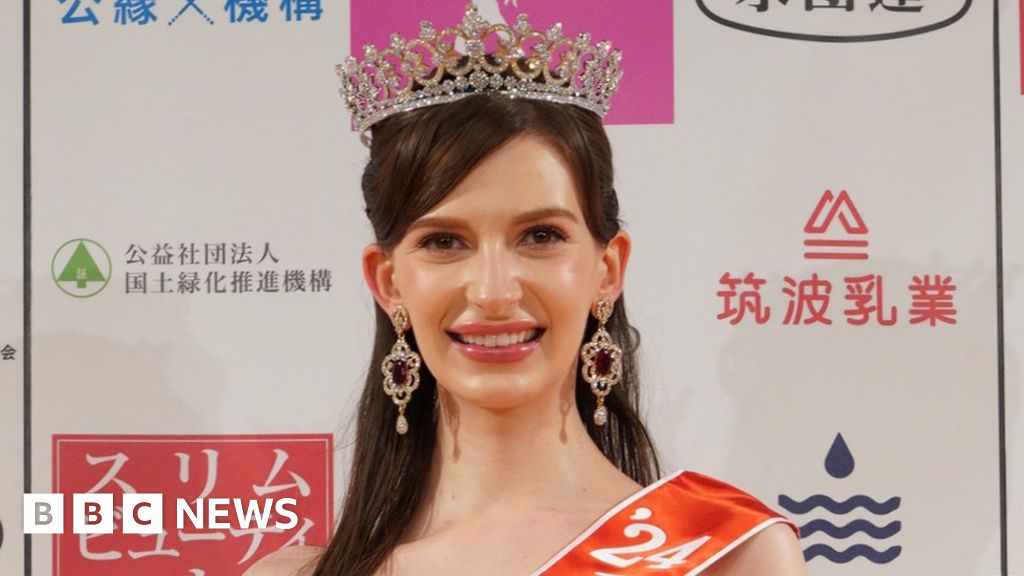“There have been racial barriers, and it has been challenging to be accepted as Japanese.”
That’s what a tearful Carolina Shiino said in impeccable Japanese after she was crowned Miss Japan on Monday.
The 26-year-old model, who was born in Ukraine, moved to Japan at the age of five and was raised in Nagoya.
She is the first naturalised Japanese citizen to win the pageant, but her victory has re-ignited a debate on what it means to be Japanese.
While some recognised her victory as a “sign of the times”, others have said she does not look like what a “Miss Japan” should.



I think this is kinda the point, that the way ethnicities define themselves are typically based on a misunderstanding of genetics and a bygone definition of race.
I for example am half Korean and half Czech, according to how both those ethnicities self identify I don’t really qualify for either. To my Korean family I’m a tall white guy who looks kinda Korean, To my Czech family I’m just a very big Korean dude.
I personally think that ethnicity and culture should be shared, and that gate keeping culture based on antiquated ideologies like race just perpetuates our worse tribal instincts.
Of course that could be some implicit biases coming out to play. If I believed that ethnic purity was a beneficial quality, I’d be in trouble.